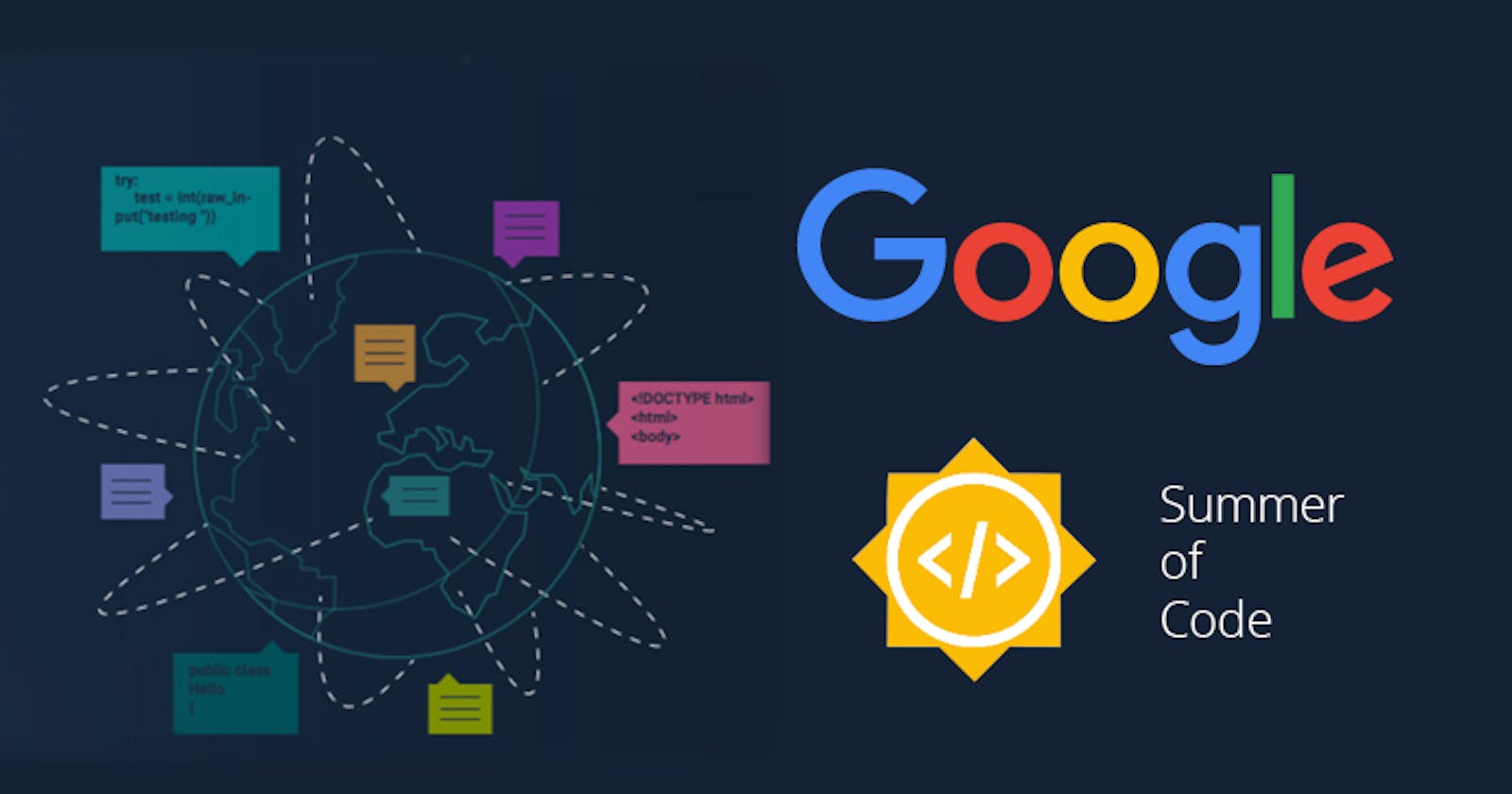
Getting selected in GSoC has various aspects and the most important of them is writing a good proposal. Students who are aspiring to participate in GSoC for the first time find it very difficult to write a proposal. Being a first time GSoCer, I went through the same. Few organizations like KDE have their standard GSoC template so that students can follow it. But, most of the organizations don’t have a standard template. So students find it confusing and difficult. You can also find few sample proposals online and use it as a reference. Students are allowed to submit a maximum of 5 proposals, but only one project is allocated per student.
For those who don’t know what GSoC is, have a look at my previous post. This timeline will give you an idea about how it works.
Here are the few thing that one must consider before writing a proposal.
Selecting an Organization:
Students should know that selecting a proposal is completely in organization’s hand. Google doesn’t involve in selecting proposal, but it is responsible for allocating maximum number of projects per organization for that year. My organization WSO2 started participating in GSoC from 2014. Google doesn’t provide stats on number of proposal received per organization versus number of proposals selected per organization. But, it provides success rate (number of proposals selected and successfully completed projects).
For instance, success of rate of WSO2 is 5/6 in 2014 and 9/10 in 2015. This year (in 2016) 14 proposals have been selected. Next year around 20 proposals might get selected. If you look at this (especially for first time aspirants), selecting an organization is very crucial. If an organization has more that 5 projects with good success rate in previous year, you are good to go.
Kindly note that I am not against selecting new organizations, just that Google allocates less number of projects. If you have relevant skill sets and comfortable with the technologies that are required for the project, you can proceed. In such cases, try to submit more that one proposal (have a backup).
Certain organizations like KDE, Apache, etc., are highly competitive. Though they select (Google allows them) 30–40 proposals, there will be 2 or more students competing for a single project. In such cases either more than one proposal (best proposals) for a single project get selected (happens very rarely) or only one gets selected (happens in most of the cases). It’s always good to have a backup while applying for such big organizations.
Relevant Skill Sets:
Students should have relevant skill sets. While organizations don’t expect students to be extremely proficient with technologies (programming language, domain etc.,), they do expect good skills so that students will be able to manage and deliver. Note that just because Google has allotted maximum number of projects, organizations don’t try to utilize it fully. If organizations feel that your proposal is not good or you don’t have relevant skill sets, they will not select your proposal. This is because their success rate is very important.
Communicating with Organization:
Frequent communication with organization is very important. Here are the various phases where students can communicate.
- Google starts accepting applications from organizations from October or November every year. Students can look for organizations selected in previous year and follow them. Because, organizations selected in previous year are most likely to be selected in next year also.
- Once the idea list is put-up (by organization), students can contact organization mentors and members. They will give some idea and students can start contributing from November or December itself. This will be very helpful for first time aspirants who wish to work with organizations like Apache, KDE etc., Note that the more trust you build (by proving yourself) with your organization members and mentors, there is a good chance that your proposal will get selected.
- Once Google announces selected organizations, look for projects matching your skill sets. You will have one month time to discuss with organizations and for submitting proposals.
- Factors like how often you communicate, how interested and dedicated you are, matters a lot.
- Mentors help you in writing your proposal. They correct your mistakes and they will be very clear in letting you know what is expected out of this project duration.
- Since we will be working on their existing projects, mentors insist us in trying out their products, frameworks etc., They also help us if we ran into some difficulties. Once you do this, you’ll get clear idea on proceeding with technical implementation of your project. Yes, your proposal must include relevant architecture diagrams, technical implementation details, deliverables and tentative timeline for those deliverables.
- Mentor organization and Google will take one month of time to announce the selected proposals. Once your proposal is selected it becomes a GSoC project !! In that one month time, organizations expect you to communicate with mentors and start working on small tasks and deliverables. Submitting patches will also help. Since organizations success rate is at stake, writing a good proposal with crystal clear road-map, regular commitment and contribution to your organization is very important. It also builds trust on you and you’ll have an edge if there is any one competing with you for the same project.
- Remember that Communication is the key. Never hesitate to ask questions. Don’t think that you might be asking stupid questions. It’s never the case. Mentors know that we are students after all.
- While approaching a mentor for the first time, give a brief introduction about you. This will help mentors to understand where you stand.
- Once your project gets selected, mentors will guide you through.
Here is my project and proposal for you reference. Here is the project idea from WSO2.
Feel free to contact me if you have any questions.
Happy Coding !!
Originally published at https://venkat2811.blogspot.com/2016/06/writing-good-google-summer-of-code-gsoc.html on June 26, 2016.

